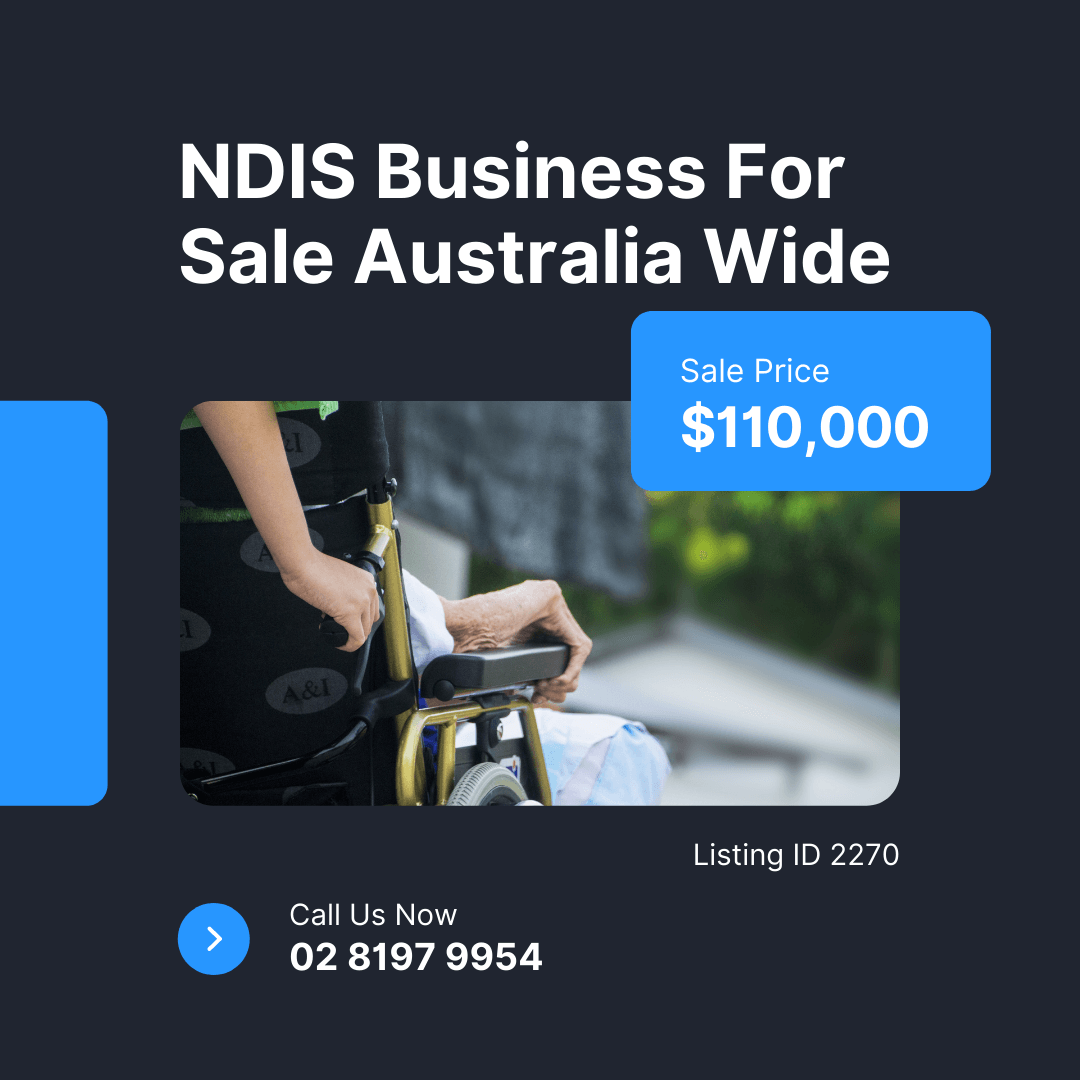Resource Hub
Many people are unaware that there is a chance for them to receive up to $15,000 from the National Disability Insurance Scheme (NDIS) to fund the provision of disability services. Service providers need to be accredited with the NDIS and have the capacity in order to provide services.

Every day, there are more and more people turning to the NDIS for their disability services. With over 600,000 participants in the scheme and a budget of $3 billion this year alone, the NDIS is providing an important service for citizens with disabilities in Australia. For the first time, the NDIS allows people with disabilities to choose who will provide them with support. This level of choice has been unheard of in years gone by.
Recently, more than 1.8 million Australians had an intellectual or developmental disability. This number is only expected to grow as the population ages. To help with this growing demand, the National Disability Insurance Scheme (NDIS) was launched in 2014 to provide support for people with disabilities and their carers, regardless of where they live or how much money they have.
If you are considering becoming a service provider, here are some things you need to know before becoming an NDIS service provider.
What is the National Disability Insurance Scheme?
The National Disability Insurance Scheme (NDIS) is a way for Australians to get assistance and support with their disability. The NDIS service providers or the professionals who provide the care and assistance for clients of the NDIS are also called NDIS workers.
People with disabilities, their families and people who provide care for them can choose an NDIS worker from a range of registered providers. The NDIS wants people to find the service provider that is most suitable for them. The provider you select will then provide the support that you need to live as independently as possible.
The National Disability Insurance Scheme (NDIS) is a scheme that aims to provide better, coordinated support for people with disability. To be an NDIS service provider, you need to have training in one of these three areas: early childhood, education and training, or health care.
Early childhood
Every day, more and more families who were once discouraged by the accessibility of Early Childhood services are coming to understand the importance of receiving this type of assistance. And with the implementation of the National Disability Insurance Scheme (NDIS) in recent years, it has become increasingly important for service providers to implement Early Childhood programs, or risk losing funding.
Health care
The NDIS has been designed to provide disabled people with lifelong support, regardless of how often they need assistance. It is up to individuals and their needs assessor (NDS) to determine what care and support will be best suited for each person.
Educational and training
NDIS service providers must follow the government's education and training requirements. The main requirements for service providers are to have a minimum of two years of training in an area relevant to the disability that people with disabilities are likely to need.
What assets can you use in support of your application for NDIS funding?
You can use your home, car, and personal property as an asset for NDIS funding. Together with your assets you also want to show your occupational skills and qualifications, any awards and honours you’ve achieved, your hobbies and interests, your interests and activities outside of your home, and your work experience.
In order to provide services for people with disabilities and their families, you need to be an NDIS service provider. There are a few requirements that you need to fulfil before becoming a service provider, and there are also things that you need to know about how the NDIS program works.
What are the obligations of an NDIS service provider?
The NDIS service provider is responsible for providing a range of services to the NDIS participant. These services include:
- Providing information and advice about the NDIS, including how to access funding and what entitlements they have.
- Assessing the needs of the person seeking assistance, determining eligibility and developing an individualised plan with them.
- Managing their plan, including organising supports and equipment, monitoring progress and making changes to meet goals.
Hire an NDIS consultant
If you're considering becoming an NDIS provider, it's worth hiring an NDIS consultant to help you navigate the process. They can provide information about how to become a qualified provider, what type of training and qualifications you'll need, and the support that will be available to you.
NDIS consultants work with both providers and NDIS participants. It's important to know how NDIS consultants operate before you decide to hire them. While an NDIS consultant is usually an extension of an organisation, you can also hire them as a separate entity. This means the consultant is contracted to the organisation, but they can also provide services for the NDIS.
Conclusion
The National Disability Insurance Scheme (NDIS) is a federally funded system that provides assistance to people with disabilities in Australia, and it has an increasing number of providers.
When you're considering joining this group of providers, you need to understand the time and effort required, as well as the restrictions on eligibility for funding. There are also various regulations and guidelines that must be followed by providers and anyone involved in supporting someone with a disability.
View ready to buy NDIS businesses for sale below:






